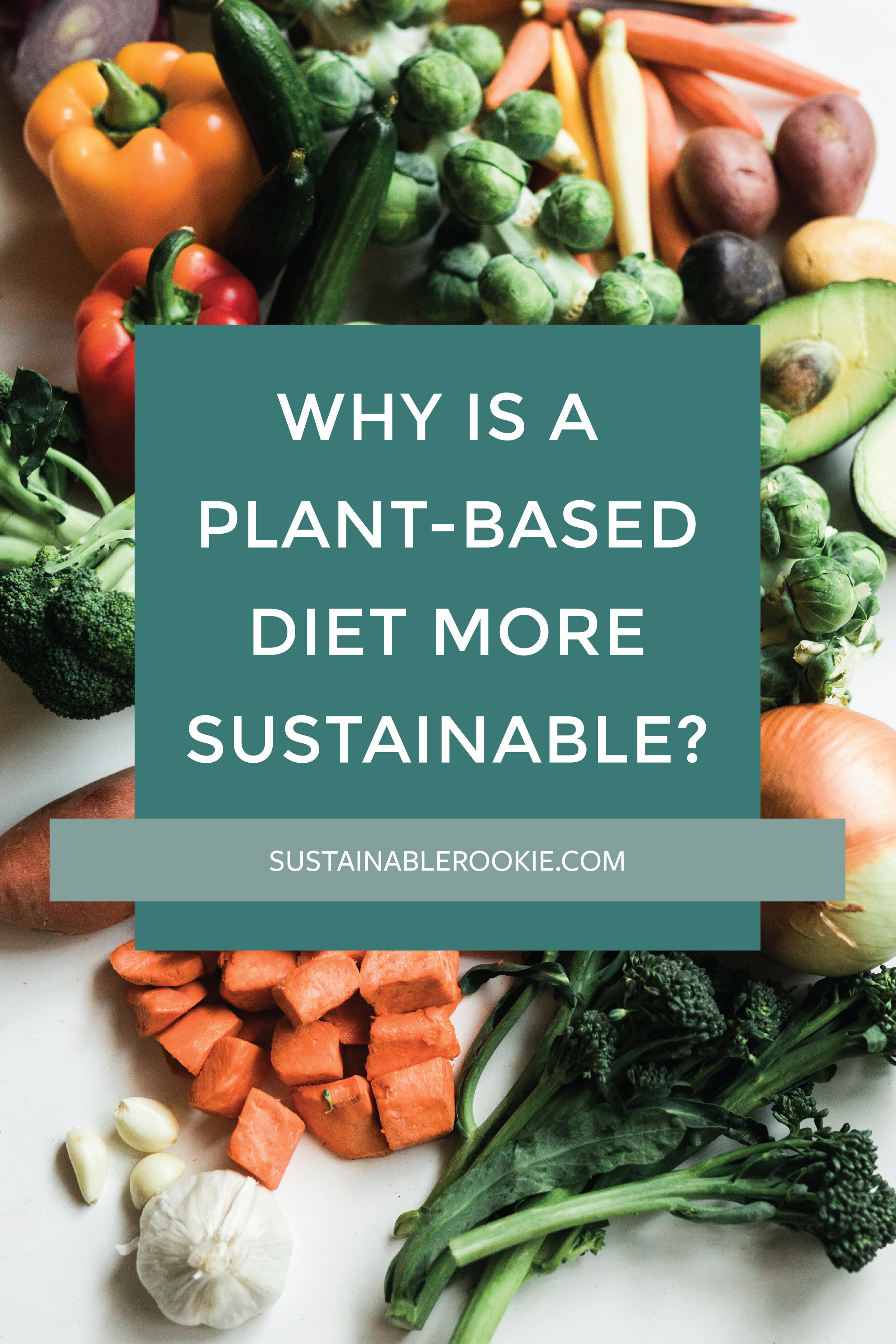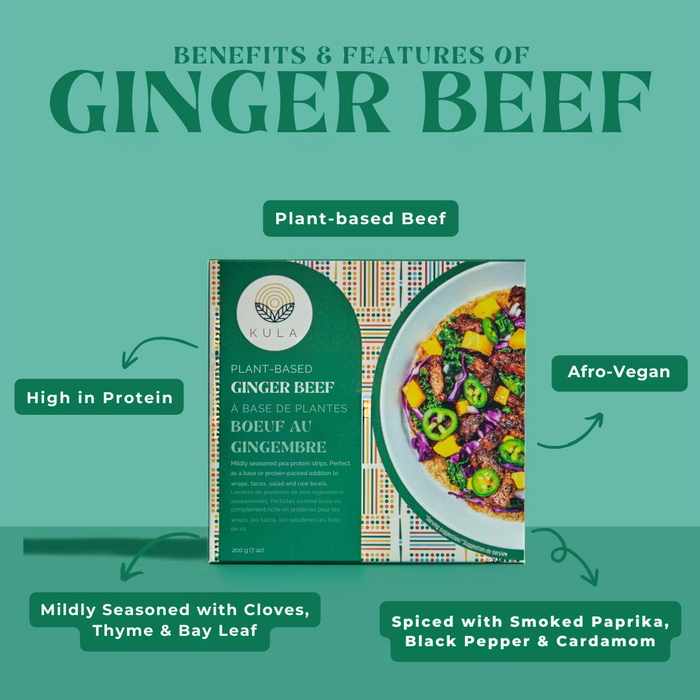Everything About Healthy Food: Benefits of Embracing Plant Based Alternatives
The conversation surrounding plant-based diet regimens has actually acquired considerable focus over the last few years. Numerous people are discovering the possible health and wellness advantages, dietary advantages, and environmental effects connected with these dietary options. As people end up being much more conscious of their food's influence on health and sustainability, concerns emerge about the practicalities of taking on such a lifestyle. What details changes can one expect, and exactly how might these choices reshape not just individual health and wellness but additionally the world's future?
Understanding Plant-Based Diet Regimens
Numerous individuals connect plant-based diet regimens primarily with vegetarianism or veganism, these diet regimens can include a broad range of consuming patterns that focus on entire, minimally refined plant foods. Such diet regimens frequently consist of fruits, veggies, entire grains, beans, seeds, and nuts, while limiting or eliminating animal items. This versatility allows individuals to customize their nutritional options according to individual preferences and dietary demands. Some might adopt a primarily plant-based diet regimen while still occasionally consuming meat or dairy products, often referred to as a flexitarian technique. The emphasis stays on integrating more plant foods, which can lead to a varied array of meals and tastes. Understanding these various analyses of plant-based eating is important for appreciating its availability and appeal in contemporary food society.
Health And Wellness Advantages of Plant-Based Foods
The health and wellness benefits of plant-based foods are considerable, providing a nutrient thickness advantage that supports general well-being. Study indicates that these foods can improve heart health and play a vital role in reliable weight management. By integrating extra plant-based options, people may boost their dietary choices and promote long-lasting health.
Nutrient Thickness Advantage
Nutrient thickness plays a crucial role in the health and wellness benefits of plant-based foods, making them a compelling option for those looking for a well balanced diet plan. Plant-based foods, such as fruits, vegetables, beans, nuts, and entire grains, are typically abundant in vital vitamins, minerals, and antioxidants while being lower in calories. This high nutrient thickness enables individuals to take in fewer calories while still satisfying their nutritional requirements. In addition, these foods are loaded with dietary fiber, advertising digestion wellness and aiding in weight management. By incorporating nutrient-dense plant-based choices, consumers can enhance their overall health and wellness, sustain their body immune systems, and minimize the risk of chronic conditions. Inevitably, the nutrient density of plant-based foods underscores their value in a health-conscious way of life.
Heart Health And Wellness Renovation

Weight Monitoring Assistance
Along with promoting heart health, a plant-based diet plan can considerably assist in weight management. This dietary method emphasizes entire foods such as fruits, vegetables, vegetables, nuts, and entire grains, which are generally reduced in calories and greater in fiber contrasted to animal-based products. The high fiber content assists enhance satiety, reducing total calorie intake. In addition, plant-based diet plans are usually abundant in important nutrients while low in unhealthy fats, making it much easier to preserve a healthy and balanced weight. Plant Based Beef. Research study suggests that people that adopt a plant-based lifestyle often tend to have lower body mass indexes (BMIs) and experience more successful weight management compared to those that consume meat-heavy diets. Welcoming plant-based alternatives is a critical choice for effective weight management.
Nutritional Value of Plant-Based Components
Plant-based components are abundant in essential nutrients, using a diverse range of vitamins, minerals, and anti-oxidants that add to total wellness. A contrast of healthy protein resources discloses that while animal products are typically deemed exceptional, lots of plant-based alternatives offer sufficient healthy protein and other valuable compounds. Understanding the nutritional worth of these active ingredients can aid people make notified dietary choices.
Essential Nutrients in Plants
Nutrient-rich ingredients located in plants use a diverse range of important vitamins and minerals that add considerably to general health. These active ingredients are abundant in vitamins A, C, and K, which support immune feature, vision, and blood clot, respectively. Furthermore, plants supply essential minerals such as potassium, calcium, and magnesium, crucial for heart wellness, muscle mass feature, and bone stamina. The presence of fiber in plant-based foods help digestion and advertises a healthy visit this site right here intestine microbiome. Antioxidants, located generously in vegetables and fruits, assistance battle oxidative stress and reduce swelling. Furthermore, several plant foods are low in calories yet high in nutrients, making them a superb option for those looking for to maintain a healthy and balanced weight while ensuring suitable nutrient intake.
Contrasting Healthy Protein Sources
Protein resources differ significantly in their nutritional profiles, with plant-based active ingredients supplying special advantages. Unlike animal healthy proteins, which commonly include saturated fats and cholesterol, plant healthy proteins have a tendency to be lower in these harmful elements. Legumes, nuts, seeds, and whole grains are abundant in necessary amino acids, fiber, vitamins, and minerals. Lentils give high protein content together with significant iron and folate, while quinoa is a full protein, supplying all nine crucial amino acids. Furthermore, plant-based healthy proteins are typically accompanied by anti-oxidants and phytochemicals that sustain general wellness. The shift to plant-based healthy protein resources not only improves dietary intake however also aligns with sustainable nutritional practices, reducing ecological effect and advertising lasting health benefits.
Ecological Influence of Plant-Based Eating
As recognition official source of climate change grows, several individuals are discovering sustainable nutritional options that can considerably lessen their ecological footprint. Plant-based eating has arised as a substantial contributor to minimizing greenhouse gas discharges, which are largely linked with animals manufacturing. The cultivation of fruits, vegetables, vegetables, and grains generally requires less resources, such as water and land, compared to animal farming. Additionally, plant-based diets can lead to reduced deforestation, as much less land is needed for grazing livestock or growing pet feed. By moving in the direction of plant-based choices, consumers can sustain biodiversity and promote much healthier ecological communities. Generally, embracing plant-based eating not only advantages personal health however additionally represents a crucial step towards environmental sustainability and conservation initiatives.
Conquering Common Misconceptions
While several individuals identify the advantages of a plant-based diet plan, numerous false impressions usually prevent them from fully embracing this way of living. A common idea is that plant-based diet regimens do not have enough healthy protein; however, numerous plant resources, such as vegetables, nuts, and tofu, supply adequate protein. In addition, some assume that this diet regimen is costly, when actually, staples like beans, rice, and seasonal veggies can be fairly budget-friendly. An additional misconception is that plant-based eating is excessively restrictive, whereas it actually provides a varied selection of tastes and foods. Lastly, lots of worry that a plant-based diet regimen may cause shortages, yet with proper preparation, individuals can acquire all necessary nutrients, including minerals and vitamins, while delighting in a wide array of tasty meals.
Tips for Transitioning to a Plant-Based Way of life
Making the change to a plant-based way of living can be an enhancing experience, though it often needs some support to navigate the initial changes. First, individuals are motivated to start slowly, integrating more fruits, veggies, vegetables, and entire grains right into their meals while decreasing meat and dairy consumption. Dish planning is important; preparing a regular menu can help ease the adjustment and avoid last-minute unhealthy options. Exploring new recipes and cooking techniques can additionally improve the experience and maintain enjoyment concerning plant-based eating. In addition, joining support system or neighborhoods can give inspiration and share beneficial ideas. Remaining notified concerning nourishment assurances balanced dishes, preventing deficiencies while fostering a healthy and balanced, enjoyable plant-based way of living.

Delicious Plant-Based Dish Concepts
Checking out see this website tasty plant-based meal ideas can influence individuals to accept an extra nutritious diet regimen. One popular choice is a passionate quinoa salad, featuring cherry tomatoes, cucumber, and a vibrant lemon-tahini dressing. One more favorite is a mouthwatering lentil stew, loaded with carrots, celery, and aromatic herbs, ideal for a calming supper. For breakfast, over night oats made with almond milk, chia seeds, and topped with fresh berries supply a nourishing begin to the day. Additionally, a dynamic veggie stir-fry with tofu and a range of vibrant veggies can be a quick yet pleasing meal. Ultimately, creamy avocado toast on whole-grain bread, sprayed with seasonings and seeds, provides a basic yet tasty snack. These dishes showcase the selection and splendor of plant-based eating.

Regularly Asked Concerns
Can a Plant-Based Diet Regimen Offer Enough Protein?
The inquiry of whether a plant-based diet plan can provide sufficient healthy protein is common. Numerous sources, consisting of vegetables, nuts, seeds, and entire grains, can fulfill healthy protein requires successfully, sustaining a healthy and balanced diet regimen for individuals.
Are Plant-Based Diets Ideal for Children?
The suitability of plant-based diet plans for youngsters relies on cautious preparation. Sufficient nutrients need to be ensured, including proteins, vitamins, and minerals. With proper assistance, such diets can sustain healthy development and growth in children.
Exactly how Do I Eat in restaurants on a Plant-Based Diet?
Eating out on a plant-based diet regimen involves seeking dining establishments with diverse food selections, asking for adjustments, and checking out vegan-friendly alternatives. Planning ahead and interacting nutritional choices can enhance the dining experience while keeping nutritional selections.
What Are Common Allergens in Plant-Based Foods?
Typical irritants in plant-based foods consist of soy, gluten, nuts, and seeds - Sugar Free Sauces. People adhering to a plant-based diet regimen should be conscious of these allergens and check out tags meticulously to stay clear of adverse reactions and guarantee risk-free usage
Can Plant-Based Diets Assist With Fat Burning?
Study indicates that adopting a plant-based diet might facilitate weight reduction due to its generally lower calorie density and higher fiber content. This mix can boost satiation, aiding people manage their caloric intake effectively. Many individuals link plant-based diet plans generally with vegetarianism or veganism, these diet plans can encompass a wide array of consuming patterns that focus on entire, minimally processed plant foods. Nutrient thickness plays a vital duty in the health advantages of plant-based foods, making them an engaging selection for those seeking a balanced diet regimen. Plant-based diet regimens have actually been shown to considerably improve heart wellness, as they often contain aspects that sustain cardiovascular feature. In addition to promoting heart health, a plant-based diet plan can considerably assist in weight monitoring. A typical belief is that plant-based diets do not have enough healthy protein; however, countless plant resources, such as beans, nuts, and tofu, offer adequate healthy protein.